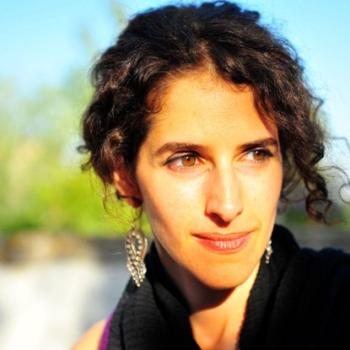By Rabbi Or Rose Rosh Hashanah Ever since childhood, I have been fascinated by the ritual of the sounding of the shofar (ram’s horn) during the High Holy Day season, particularly the shofar service on Rosh Hashanah. While I could not articulate this as a boy, I was, and continue to be, intrigued by the use of this ancient, natural, and rather simple instrument in the context of modern, carefully crafted, and complex High Holy Day services. To this... Read more

















The Mitzvah of Forgetting
Parashat Ki Teitzei (Deuteronomy 21:10-25:19) By Rabbi Neal Gold Parashat Ki Teitzei falls when the full moon of Elul is fat in the sky and the awareness settles on us that Rosh Hashanah is just around the corner. We are now deeply ensconced in the season of teshuvah and the task of sifting through the details of our lives and our relationships. Among the wide array of Mitzvot found in this parashah are a special set of agricultural laws that... Read more